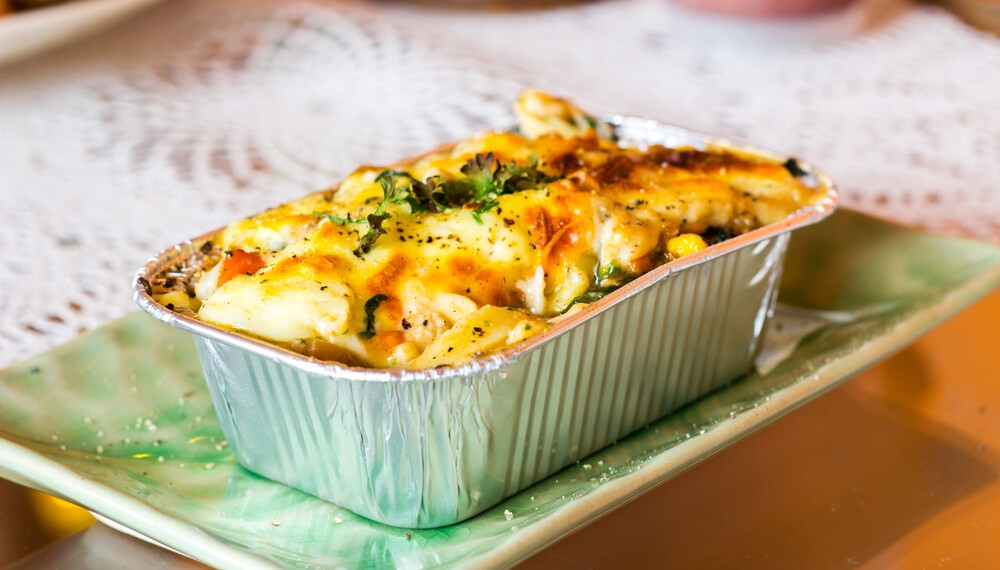Whether aluminium salts in deodorants are harmful to health has been a matter of debate for some time. But how dangerous are coffee capsules, barbecue trays or the tried and tested aluminium foil?
How does aluminium even get into food?
“The light metal is the third most common element in our earth’s crust,” says Prof. Bernd Schäfer from the Federal Institute for Risk Assessment (BfR). “It is found in mushrooms, salad, spinach and radish, for example, or in drinking water. Tea leaves and spices can also contain higher concentrations after drying”. These natural components are considered unproblematic. Avoidable sources, on the other hand, are of concern: “Acidic and salty foods in particular, which come into contact with aluminium, absorb a certain amount”, says Schäfer. This is the case, for example, when sliced fruit or pickled fish are wrapped in uncoated aluminium foil. Anyone who regularly drinks apple spritzer from uncoated aluminium bottles or uses pots or trays made from the material for baking and cooking is also exposed to an increased dose.
What are the consequences?
Aluminium in high quantities has a toxic effect on the nervous system. A large part of what we ingest with food is not stored permanently. “However, aluminium that is not excreted can accumulate in bones, muscles and brain over the course of life,” says Schäfer. Some researchers associate elevated levels with Alzheimer’s disease. However, a study by the WHO found no connection. The fact that aluminium can cause damage is proven by a form of dementia that has been common in dialysis patients in the past. Dialysis fluid used to contain aluminum.
How do I know if I have absorbed too much aluminium?
The European Food Safety Authority has set a tolerable weekly intake through food: one milligram of aluminium per kilogram of body weight. This means that a woman weighing 60 kilograms would be allowed to consume 60 milligrams per week for the rest of her life. As the natural load of fruit and vegetables, for example, is less than 0.5 milligrams per kilogram, it does not pose a risk. But look out for the E-173 additive – this is aluminium, for example for sugar coating or cake decoration.
What should be observed when storing and preparing food?
Now and then a ready meal or steak from the aluminium bowl does not make anyone ill. “But avoid keeping acidic or salty food warm for long periods in aluminium containers,” advises Schäfer, “because this means that a particularly large number of soluble aluminium components are transferred to the food. Therefore, if elderly relatives receive daily deliveries of food or if the children in school and kindergarten are supplied by the caterer, find out how the food is packed and kept warm. Coated aluminium trays are considered harmless. When cooking and grilling at home, alternatives such as ceramic or stainless steel are recommended, and uncoated aluminium foil is also unnecessary.
What else is important?
Coated material can also cause problems, such as the espresso pot that ends up in the dishwasher every day. “The protective layer can be damaged or removed by cleaning agents,” says Schäfer. Although coffee capsules are coated on the inside, it is not known what happens if the coating is damaged. “Also include aluminium from cosmetics, antiperspirants or medicines such as aluminium-containing antacids (agents against heartburn)”. It is estimated that antiperspirants allow about as much aluminium to enter the body as is absorbed through food of about ten milligrams a day. This means that the tolerable weekly dose could already be exhausted by the daily use of antiperspirants containing aluminium.

